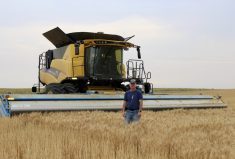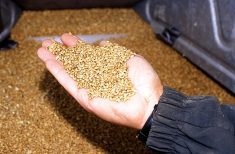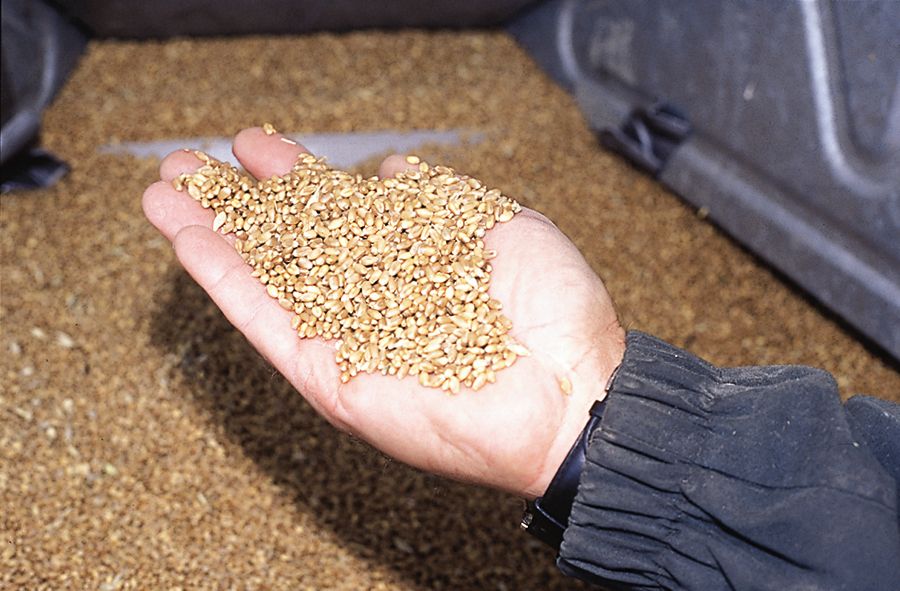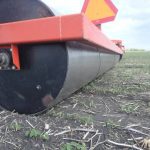Get those verbal agreements down in writing, know what terms like “liquidated damages” mean, and take action fast if you can’t fulfil a grain contract and prices are rising.
Those are key takeaways from a recent webinar on grain contracts put on by the Canadian Canola Growers Association and Winnipeg law firm D’Arcy & Deacon.
“The 2021 crop year is a year that few producers will soon forget,” said John Stewart, the firm’s managing partner. “There was a realization by many producers that not only could they not deliver on their contracts, but the grain companies were equally unable to source replacement commodities from other regions.”
Read Also
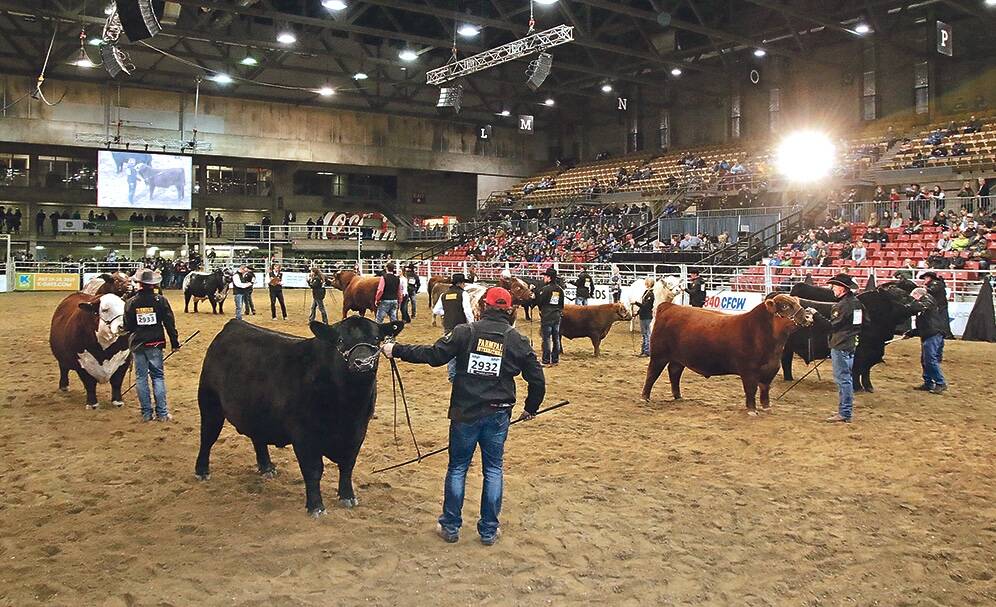
Farmfair International boosts accessibility with weekend schedule shift
Farmfair International is changing its scheduling format to include the weekend and hopefully attract even more attendees.
There were many defaults on grain contracts due to the drought, said Janelle Whitley, the canola growers’ senior manager of marketing policy.
She advises a careful look at the terms and conditions (usually found on the second page of a grain contract) and know “what would happen if there was a shortfall or default, or how liquidated damages are calculated.”
Calculating the cost
“If I promise to deliver X to you and I don’t, it might be expected that you will suffer losses as a result of that. The reason why liquidated damages are inserted into grain contracts is the parties are trying to sort out in advance what the damages might look like.”
Under Canadian law, liquidated damages cannot be penalties or fines.
“They actually have to be tied to what the loss might be,” said Pirie.
Typically, that’s “the difference between the crop price that I contracted with you and your cost for either buying a replacement of that product, or in the case of a grain contract, buying out of a hedge position,” he said. “A lot of the agreement is based on determining how the price is fixed and how you calculate the buying of a hedge position.”
This will be listed in the terms and conditions as a line that indicates a genuine pre-estimate of damages and not a penalty.
“The contract will also state that the damages that the grain company may suffer will also include any additional costs or damages that are different from the liquidated damages,” he said.
“For example, the liquidated damages are calculated and then there’s another clause that says that the farmer is responsible for other losses, damages, costs or expenses suffered or incurred by the company as a result or in any way arising from the seller’s failure.”
Extra care is needed if growing something such as identify preserved canola.
“Canola is a commodity traded every day. The difficulty comes with identity preserved canola and specific canola that cannot necessarily be replaced by simply going on the open market,” said Stewart. “That becomes a risk to the producer because if you’re growing those types of canola, you can’t calculate on a day-to-day basis what the actual losses on that contract can be.”
Get it in writing

“As lawyers, we’re concerned with how verbal agreements are enforced,” said Meghan Bjorklund, an associate with D’Arcy & Deacon. “It can be really difficult or impossible to enforce those types of agreements.”
One way would be to take the original copy of the contract, strike out the original delivery date, write in the new one, initial next to the change, and send that to the grain company along with a written confirmation of the new terms agreed to, she said.
An email, text or letter can also be sent.
“For example, on July 5, 2022, you and I agreed to a change of delivery date,” said Bjorklund. “The old date was X and the new date was Y. This letter or email will confirm our mutual understanding unless you respond otherwise.”
Contracts generally contain a clause called the “entire agreements” clause.
“These types of provisions are included for the benefit of the grain company, and they’re intended to prevent the grain company from being liable for any representations or promises that were made outside the written terms of the contract,” she said.
If there is nothing confirmed in writing, it becomes difficult or impossible to argue with the grain company, she said.
This also applies to arrangements a grower makes with an agent for delivery off the combine, said Stewart.
Delay can be costly
If a shortfall is expected, examine the crop and come up with a realistic harvest estimate, said Stewart. The second step is either to cancel the contract or arrange to procure enough product to fill it, he said.
To reduce losses when the market is rising, a grower should call the elevator, cancel the contract, request an estimate of damages and then follow up with an email, text or letter as a written confirmation of the verbal agreement.
The grain company is obliged to “mitigate their losses in the face of the contract that was just terminated,” said Stewart. “That means they have to take whatever efforts they can do to minimize the amount of money they are going to lose as a result of you cancelling or terminating the contract.”
Stewart said he knew of many cases in which producers called their grain company to say they were going to be short. However, no one terminated the contract, which is why so many producers had to cover a shortfall that was higher than it would have been otherwise because prices rose.
Stewart said mitigation of damages must be initiated by the grower, mostly through termination of the contract.





